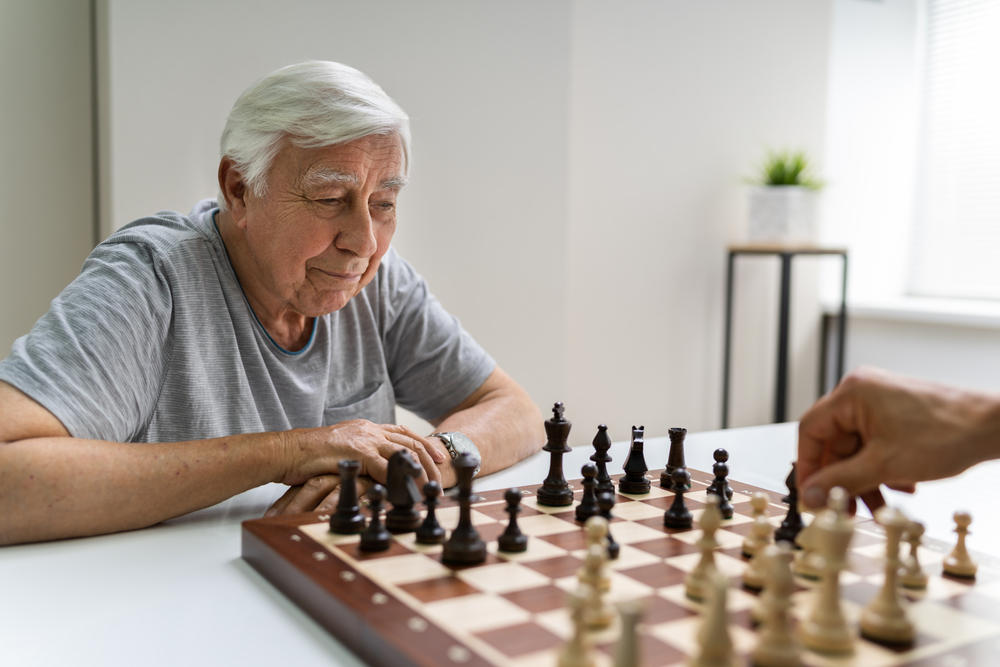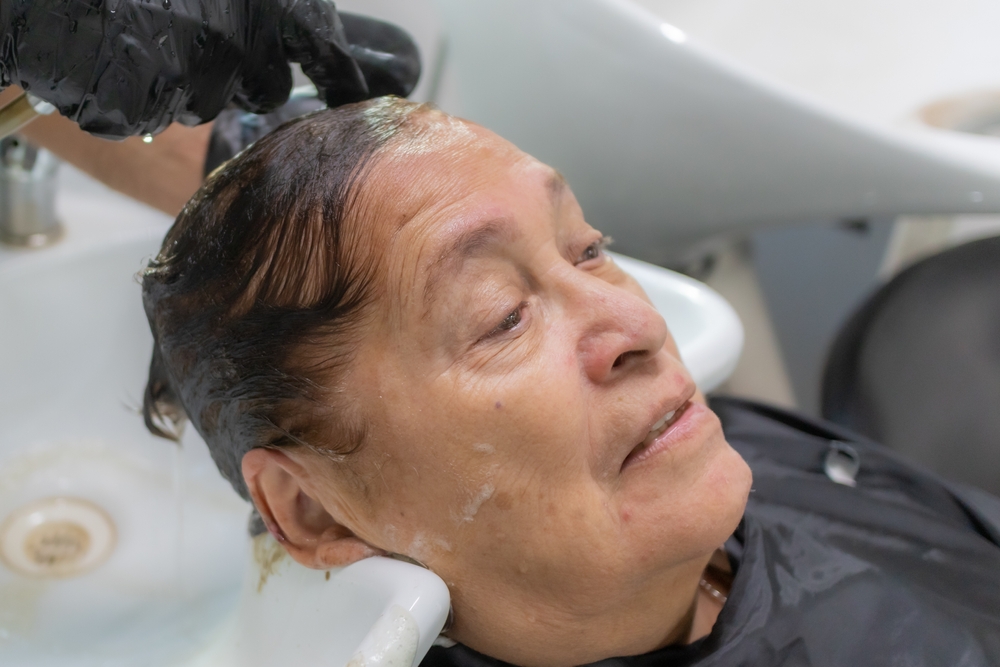How Often Should an Elderly Person Urinate?
Category:

As we grow older, we develop reduced kidney function, weaker bladder muscles, and a variety of other things which can incline us to new patterns in urination. Some of these differences are natural and expected, while others are something to be concerned about.
But whether disruptive, inconvenient, or something more serious, it’s important to know which. Because much like their younger counterparts, a lack of urination in elderly individuals can be a cause for concern.
How Often Should an Elderly Person Urinate?
The normal urine output per day in elderly individuals will partially depend on personal factors, ranging from the size of the person to the weather outside. But broadly speaking, normal urine output for adults is expected to range between 0.5 to 1.5cc per kg per hour. And when urine output is lower than 13.5oz per day, that can indicate a problem that requires treatment.
While decreased urine output in elderly folks might seem like nothing to worry about, it’s nearly always important to seek medical attention to help identify the cause. Because left untreated, decreased urine output in the elderly can lead to complications like anemia, hypertension, heart failure, and several others.
The good news is that the most common cause of reduced urine output in elderly patients is dehydration, which is typically easy to treat and avoid in the future. However, when there is no urine output in elderly patients, that’s more likely to indicate a urinary tract infection. The case-by-case nature of these problems demands the involvement of your physician.
Excessive Urination in Elderly Patients
The causes of frequent urination in elderly persons can include many things. In fact, there are more than a dozen diseases or conditions that can contribute to frequent urination, ranging from diabetes to urinary incontinence. As such, treatment will depend on the cause of the condition. But apart from underlying conditions, frequent urination can also be controlled by avoiding fluids before bed, and reducing the consumption of alcohol and caffeine.
Frequent urination in the elderly at night is called nocturia. It can be the result of diabetes, chronic kidney failure, insomnia – or even simply drinking too much water before bed. Technically speaking, an elderly person who leaves the bed to urinate at least once per night can be said to suffer from nocturia.
These issues tend to be more bothersome than serious, but nocturia has been linked to poor quality sleep, insomnia, depression, and an overall higher mortality rate. While it’s not uncommon for people over 60 to urinate once or twice a night, if you urinate more than twice a night you should consider consulting a doctor.
Download Our Bath Safety Guide
Changes in Urination Frequency
In short, you should see a doctor if changes in urination frequency are noticeable and consistent, or if they’re accompanied with other serious symptoms like lightheadedness, rapid pulse, dizziness, fever, diarrhea, or vomiting.
Oftentimes these issues can be resolved with minor lifestyle changes. But in instances where a more serious problem is at play, it’s often important to address these issues promptly.
Subscribe
Date: 2021-08-19
Category:


